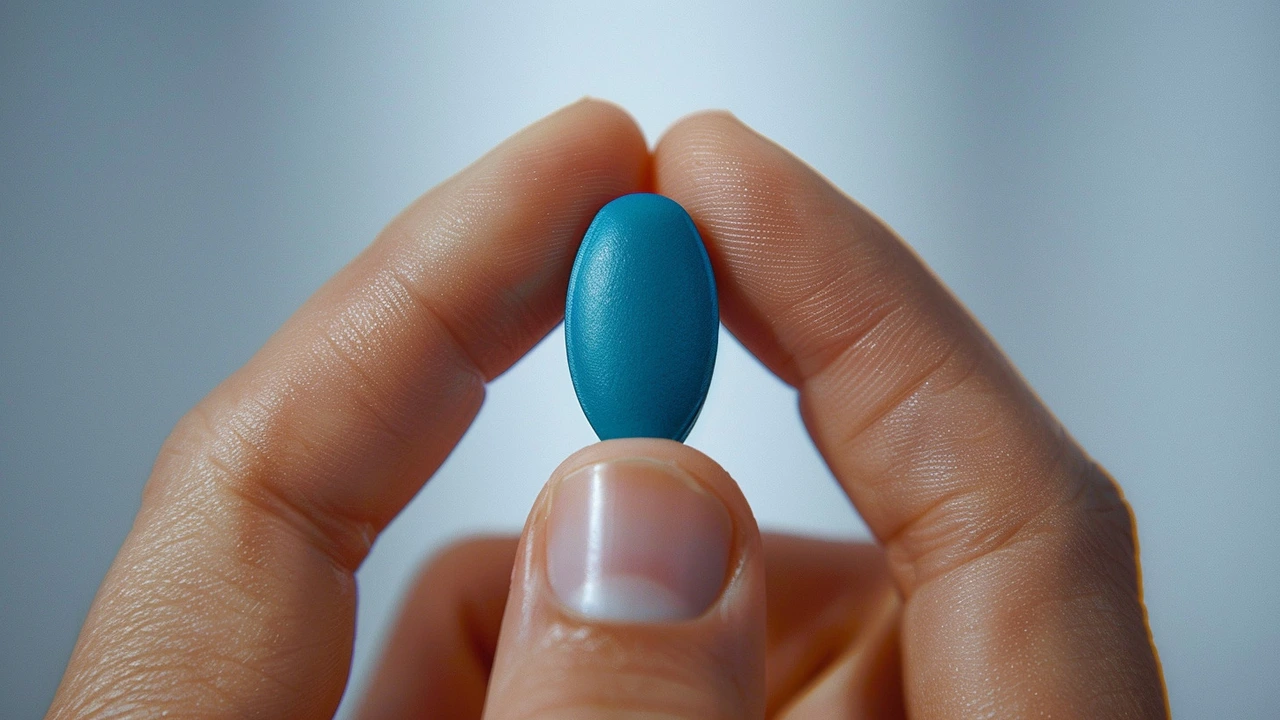You might be surprised how common hearing loss is. Around one in eight adults reports some trouble hearing. The good news: a lot of hearing problems have clear causes and simple steps you can take right now to protect or improve what you hear.
Start by thinking about what changed. Was it sudden or gradual? Did it follow loud noise exposure, an ear infection, or a course of medicine? That timeline helps decide the next move.
Noise exposure is the top preventable cause. Loud concerts, power tools, or even long headphone use at high volume can damage inner-ear cells. Age-related hearing loss happens slowly as those cells wear out. Earwax buildup and middle-ear infections are simple culprits that often clear up with basic care. Then there are medicines that can harm hearing — called ototoxic drugs. Examples include some antibiotics (like gentamicin), certain chemotherapy drugs (cisplatin), and high doses of diuretics (furosemide) or aspirin. If you’re on meds, ask your prescriber whether they carry hearing risks.
Less common but urgent causes include sudden sensorineural hearing loss, head injury, or nerve problems. These usually need fast evaluation.
If your hearing dropped quickly, if you have severe pain, bleeding, fluid from the ear, sudden dizziness, or one-sided hearing loss, get medical attention quickly. Sudden loss can sometimes be treated successfully if started within days.
For slower problems, start with your primary care doctor or an audiologist. Expect a basic hearing test (audiogram) and an ear exam. Depending on results they may recommend earwax removal, medical treatment, hearing aids, or referral to an ENT specialist for imaging or further care.
Hearing aids help many people and come in lots of styles and price points. There are also assistive devices like TV streamers, captioning, and personal microphones that work without a hearing aid. Try inexpensive options first if you’re unsure — many clinics offer trial periods.
Everyday steps matter. Use foam earplugs at noisy events, lower headphone volume to about 60% of max for under an hour at a time, and take quiet breaks during long noise exposure. Don’t use cotton swabs inside your ear canal; they push wax deeper. If you suspect an ototoxic medication, don’t stop it yourself — talk to your prescriber about alternatives or monitoring.
On this site you’ll find guides on safe medications, cost-saving pharmacy options, and practical health tips that link to hearing-related issues. Look through articles tagged "hearing loss" for drug safety notes and product reviews that can help with budgeting for devices or medications.
Hearing is worth protecting. Small changes in daily habits and a timely check with a clinician can preserve your hearing and keep you connected to conversations and life around you.

A recent revelation has highlighted a concerning side effect associated with Viagra and similar erectile dysfunction drugs: a risk of sudden sensorineural hearing loss, or 'Viagra deafness'. The FDA has issued a warning as studies reveal users are at a doubled risk compared to non-users.
CONTINUE READING